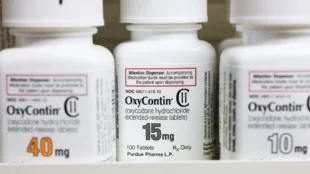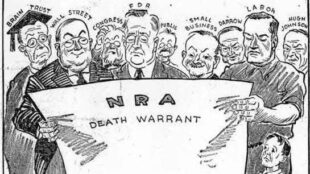The Kids Online Safety Act: A Censorship Bill or a Champion of Children’s Online Safety?
(Source) Overview of KOSA Just before the August recess this year, , the Kids Online Safety Act (KOSA) passed unanimously out of the U.S. Senate Committee on Commerce, Science and Transportation. Originally introduced by Senators Richard Blumenthal (D-CT) and Marsha Blackburn (R-TN) in February 2022 and reintroduced in May 2023, KOSA is the latest in Congress’s bipartisan push to pass comprehensive data privacy laws. The recently amended bill claims to provide children and parents with the tools to protect “minors,” defined as people under 17 years old, from harmful online content.Such content includes materials promoting self-harm, eating disorders, online addiction, bullying, and other “destructive behaviors” on social media. as social media promoting self-harm, eating disorders, online addiction, bullying, and other “destructive behaviors.” The bill has also been supported by , signaling public support for the bill. In short, KOSA aims to protect children’s online experiences in : by providing children and parents with the tools to safeguard their online experience, holding online platforms accountable for their harm to children, and demystifying black box algorithms. First, to protect their information, disable addictive features, and opt out of personalized algorithm recommendations. The law will also provide parents with new controls [read more]










